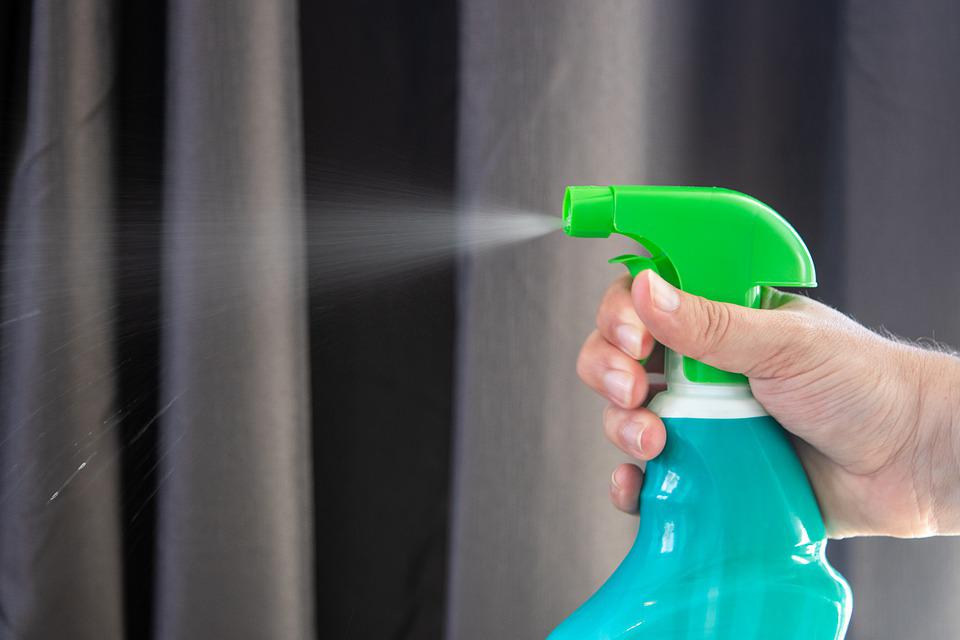Natural antibacterial products are effective at fighting germs and are often used as natural alternatives to synthetically manufactured products. These compounds come from nature and are very valuable in functional medicine and in keeping the environment clean. Natural antimicrobials are naturally occurring compounds that kill microorganisms like bacteria, fungi, viruses, and parasites. They are also beneficial in keeping the environment clean by slowing down the growth of unwanted organisms.
Garlic
Garlic is said to be a good natural antibacterial product. It has antibacterial properties that can fight bacteria, though the effects have not been proven in humans. In lab tests, garlic has been shown to have an antibacterial effect against E. coli and MRSA, two common types of bacteria. Some people have used garlic oil as an ointment to treat infections, but these methods haven’t been proven in scientific trials. Also, garlic can cause irritation if applied to the vagina and ears. Oregano, a member of the mint family, may have therapeutic properties when extracted into an essential oil.
Manuka honey
There are numerous health benefits to using Manuka honey as an antibacterial cream or treatment. This honey is rich in methylglyoxal (MGO), a compound that has been proven to be effective against several bacteria. Among these are Proteumirabilis and Enterobacter cloacae. However, it is important to note that if you want to use Manuka honey as a medicine, you must make sure to buy only UMF-certified products.
Tea tree oil
You might have heard about the benefits of tea tree oil as a natural antibacterial product. But what exactly is it, and what does it do? It has antibacterial, antifungal, and even antiviral properties. Tea tree oil has the ability to fight many types of infections, including MRSA and athlete’s foot. Research is ongoing to determine the exact benefits of this essential oil, but it has shown promise in a variety of anecdotal reports and human studies.
The antibacterial properties of tea tree oil come from the terpinene-4-ol content. It must contain at least 30% terpinene-4-ol to show antimicrobial activity. It is also capable of inhibiting the growth of gram-negative bacteria, although it does not kill them. Studies of the essential oil also found that it can kill a variety of mold, mildew, and fungus.
Thyme essential oil
Thyme essential oil is very effective at killing intestinal worms. It also works effectively as a mouthwash and is effective at reducing the appearance of scarring and restlessness. In addition, it is an effective astringent and relieves stress. It is also highly effective at regulating hormone levels and keeping pests at bay. Use thyme oil in your bath water for added benefit.
Thyme is a robust plant with numerous benefits. The oil is one of the most useful aromatherapy ingredients available. Its constituents vary according to the chemotypes. Red thyme essential oil, for example, is a dark oil with a spicy aroma. It is often used as a middle note in perfumery. However, be sure to check the label on your essential oil to be sure you’re getting the correct product.








